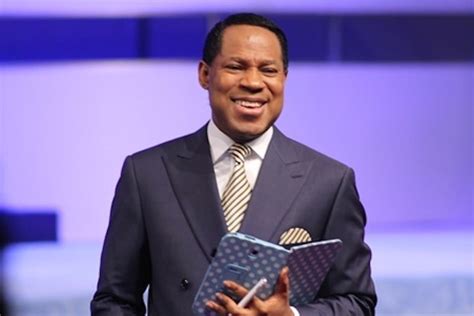A Quote by Ross Douthat
The decline of institutional Christianity over the last 40 or 50 years has empowered a side of American religion that has always been there. The sort of do-it-yourself, "create your own Jesus" kind of faith. But, the forms that faith takes do have a real reason they are so appealing.
Related Quotes
In the end, you do need institutions to transmit the faith for the long haul. That's why I make the case that, in certain ways, American Protestants could stand to recover the denominationalism that they've left behind over the last 50 years. They are real values in having a confessional tradition that can sustain your faith over the long term.
Kant's aim was to develop a religion within the boundaries of mere reason (that is, reason unaided by special empirical revelation) and then to ask about existing ecclesiastical faith (especially about Christianity, and the Lutheran Christianity of his time and place) how this revealed faith must be interpreted if it is to be reconciled with reason, and even seen as a wider (though morally optional) extension of a religion of reason.
My parents were adherents of the Baha'i faith, which is sort of, I can't think of the best way to describe it, but it sort of has the same relationship to Islam that Christianity has to Judaism, and it's a kind of a universalist creed and missionaries aren't paid. You're essentially expected to go out and find a job and do your own thing, and in your spare time spread the faith, and so that was the driving force of us going overseas.
When we speak of faith—the faith that can move mountains—we are not speaking of faith in general but of faith in the Lord Jesus Christ. Faith in the Lord Jesus Christ can be bolstered as we learn about Him and live our religion. The doctrine of Jesus Christ was designed by the Lord to help us increase our faith.
You discover your true faith when you start flowing with your conscience. After lessons, visions, and theories validate themselves to you, you build faith in that hypothesis/ feeling/ idea that originated from your own heart and mind - not that of others. Before you submit to any one religion, create your own and find which one out there resonates closest with the one already in your heart. This is the way to choose your faith.
This kind of passionate faith can be painful. Not caring is easy. Caring hurts. Caring costs you something. But without this sort of faith, you will never create to your fullest potential. Faith is a gift. Like I've said, felt belief is not necessarily something that you choose to have or not to have. But it is a gift that you can open yourself to receive.
I don't understand why black people have been so quiescent, so passive over the hundreds of years of American history. Why hasn't there been more violence, more armed struggle? I know answers to some of that, but it seems to me it's an issue of faith, an abiding faith in some sort of great beyond, or great spirit, or even in the American dream.
An act of meditation is actually an act of faith--of faith in your spirit, in your own potential. Faith is the basis of meditation. Not of faith in something outside you--a metaphysical buddha, an unattainable ideal, or someone else's words. The faith is in yourself, in your own 'buddha nature.' You too can be a buddha, an awakened being that lives and responds in a wise, creative, and compassionate way.
Religions, of course, have their own demanding intellectual traditions, as Jesuits and Talmudic scholars might attest.... But, in its less rigorous, popular forms, religion is about as intellectually challenging as the average self-help book. (Like personal development literature, mass market books about spirituality and religion celebrate emotionalism and denigrate reason. They elevate the "truths" of myths and parables over empiricism.) In its more authoritarian forms, religion punishes questioning and rewards gullibility. Faith is not a function of stupidity but a frequent cause of it.
The word 'religion' is only a label. What lies behind that, the most important thing of all, is the word 'faith'. You either have faith, or you don't have faith, or you have degrees of faith - and if you have degrees of faith, then you become agnostic. You're kind of in-between, or you're on the fence.
Jesus moved in a very poor world. People were seeking their own solutions. Many were helped - not that Jesus was helping - they were helped. And Jesus says again and again: "It is your faith that has healed you." When you have faith, compassion can pour into you. When you have faith, you are open to compassion.
If the Holy Spirit takes over your family, your business or your health, it doesn't matter what troubles you've been experiencing or what's been going wrong, you will begin to go from strength to strength, from grace to grace, from faith to faith, from success to success and from greatness to greatness. When the Holy Spirit takes over your life, He'll drive every sickness out of your body; He'll make right everything that was wrong.
Faith is the avenue to salvation. Not intellectual understanding. Not money. Not your works. Just simple faith. How much faith? The faith of a mustard seed, so small you can hardly see it. But if you will put that little faith in the person of Jesus, your life will be changed. He will come with supernatural power into your heart. It can happen to you.

































